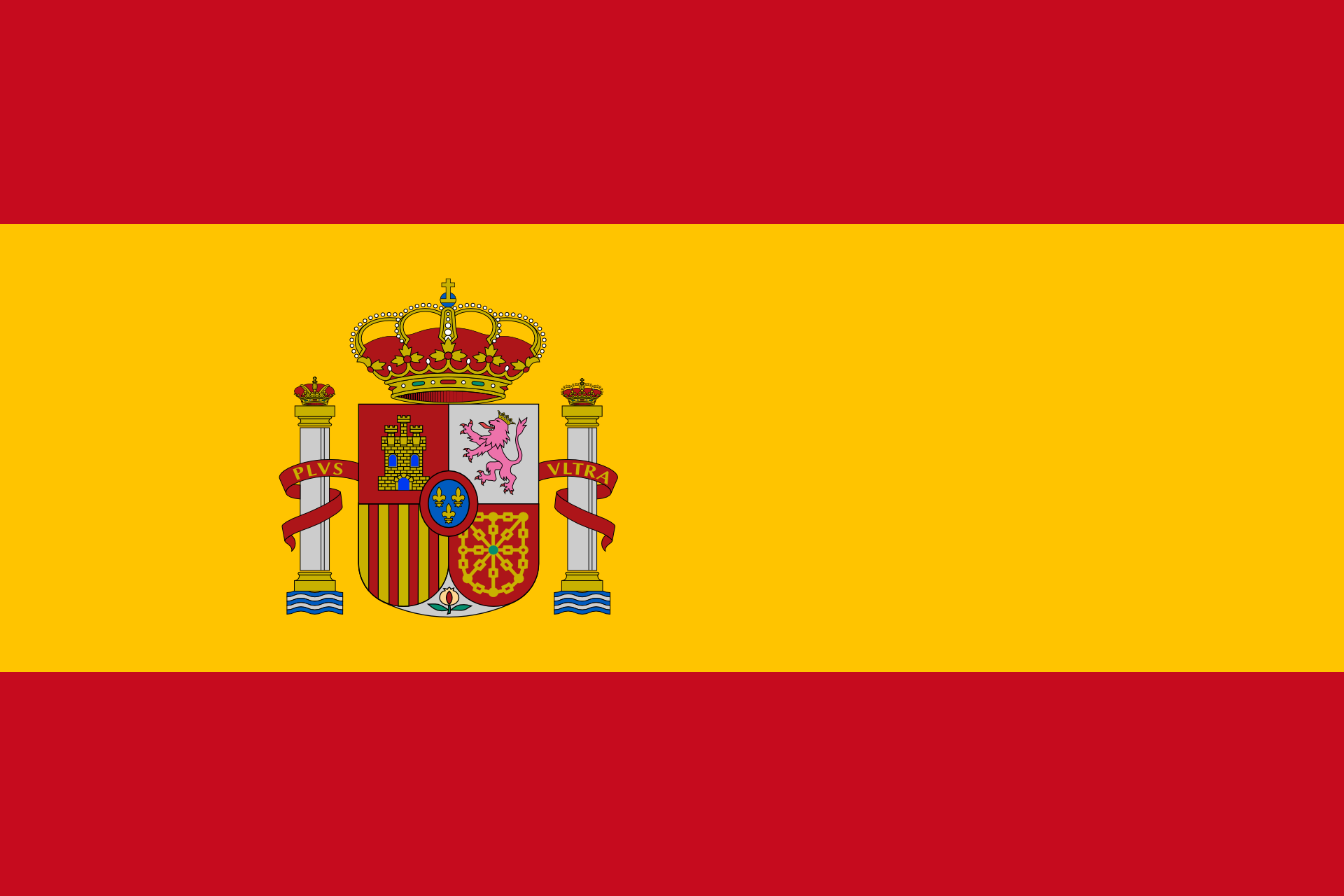Instructions for learners
Focusing on the practical implementation of open science, this unit covers the management of research data, the process of open-access publication, and the utilization of various infrastructures that support open dissemination of knowledge. Participants will learn how to create robust data management plans and navigate the complexities of publishing and sharing their research openly and effectively.
Training Goals
The aim of this section is to help researchers manage the data generated in their research activity. It will examine the life cycle of research data, including the planning, collection, processing and analysis, storage and protection of research data up to when they can be shared and published.Course Structure
Details:
- Duration: 20 hours
- Focus: FAIR principles, open-access publishing, and data management.
- Self Assessment questionnaire
Learning Outcomes
The learners will:
- Develop a data management plan considering ethical and legal aspects.
- Acquire knowledge of the ecosystem of platforms and journals for scientific publication.
- Understand various channels for the open publication of scientific results.
Prerequisites
Learners are expected to have:
- Basic understanding of scientific research processes.
- Familiarity with the concepts of data management and publication.
- Awareness of the ethical considerations in scientific research.
Instructions for learners
This session delves into the pillars of open science such as open access to publications, data, and educational resources, along with citizen science and open science policies. It also covers the historical milestones of the open access movement and the relevant European and Spanish legal frameworks. By the end of this material participants participant will find relevant references and expert's video sessions. The course concludes with a quiz to assess understanding of the content.
Training Goals
In this session, the learners should be able to:
- Understand what open science is, its implications, aims and concepts, and how this new paradigm has evolved through the development of information and communication technologies and calls for free, open access to content and data.
- Understand the advantages of sharing research data and using shared data in a doctoral thesis project.
- Learn about the research support services available in the Catalan research system to enable researchers to implement open science in their work.
Course Structure
Details:
- Duration: 10 hours
- Focus: Concepts, policies, and services supporting open science.
- Self Assessment questionnaire
Learning Outcomes
The learners will:
- Gain knowledge of open science and its paradigm shift.
- Understand the impact of policies on scientific behavior.
- Learn about the scientific services provided in the Catalan research system.
Prerequisites
Learners are expected to have:
- Basic understanding of scientific research processes.
- Familiarity with the concepts of data management and publication.
- Awareness of the ethical considerations in scientific research.
Instructions for learners
Focusing on the practical implementation of open science, this unit covers the management of research data, the process of open-access publication, and the utilization of various infrastructures that support open dissemination of knowledge. Participants will learn how to create robust data management plans and navigate the complexities of publishing and sharing their research openly and effectively.
Training Goals
The aim of this section is to help researchers manage the data generated in their research activity. It will examine the life cycle of research data, including the planning, collection, processing and analysis, storage and protection of research data up to when they can be shared and published.Course Structure
Details:
- Duration: 20 hours
- Focus: FAIR principles, open-access publishing, and data management.
- Self Assessment questionnaire
Learning Outcomes
The learners will:
- Develop a data management plan considering ethical and legal aspects.
- Acquire knowledge of the ecosystem of platforms and journals for scientific publication.
- Understand various channels for the open publication of scientific results.
Prerequisites
Learners are expected to have:
- Basic understanding of scientific research processes.
- Familiarity with the concepts of data management and publication.
- Awareness of the ethical considerations in scientific research.
Instructions for learners
This session delves into the pillars of open science such as open access to publications, data, and educational resources, along with citizen science and open science policies. It also covers the historical milestones of the open access movement and the relevant European and Spanish legal frameworks. By the end of this material participants participant will find relevant references and expert's video sessions. The course concludes with a quiz to assess understanding of the content.
Training Goals
In this session, the learners should be able to:
- Understand what open science is, its implications, aims and concepts, and how this new paradigm has evolved through the development of information and communication technologies and calls for free, open access to content and data.
- Understand the advantages of sharing research data and using shared data in a doctoral thesis project.
- Learn about the research support services available in the Catalan research system to enable researchers to implement open science in their work.
Course Structure
Details:
- Duration: 10 hours
- Focus: Concepts, policies, and services supporting open science.
- Self Assessment questionnaire
Learning Outcomes
The learners will:
- Gain knowledge of open science and its paradigm shift.
- Understand the impact of policies on scientific behavior.
- Learn about the scientific services provided in the Catalan research system.
Prerequisites
Learners are expected to have:
- Basic understanding of scientific research processes.
- Familiarity with the concepts of data management and publication.
- Awareness of the ethical considerations in scientific research.

Welcome to this comprehensive Open Science Course offered by the Catalan Universities. This course is designed to address the evolving demands and opportunities in today's research landscape, highlighting the importance of open science as a catalyst for accessible, transparent, and effective scientific communication. Throughout this program, you will explore how information and communication technologies have revolutionized access to research materials, promoting open access and the sharing of research data. You will engage with new assessment models that challenge traditional metrics and delve into the realm of citizen science, where public involvement in research is encouraged to ensure robust and reproducible outcomes. This course also covers crucial legal and ethical considerations, including intellectual property rights in research. By providing a diverse array of resources—from expert interviews to interactive self-assessment exercises—this course aims to equip you with the tools necessary to adapt swiftly to the open science paradigm, enhancing the utility, efficiency, and transparency of your research endeavors.
- Teacher: Anna Caellas Camprubí
